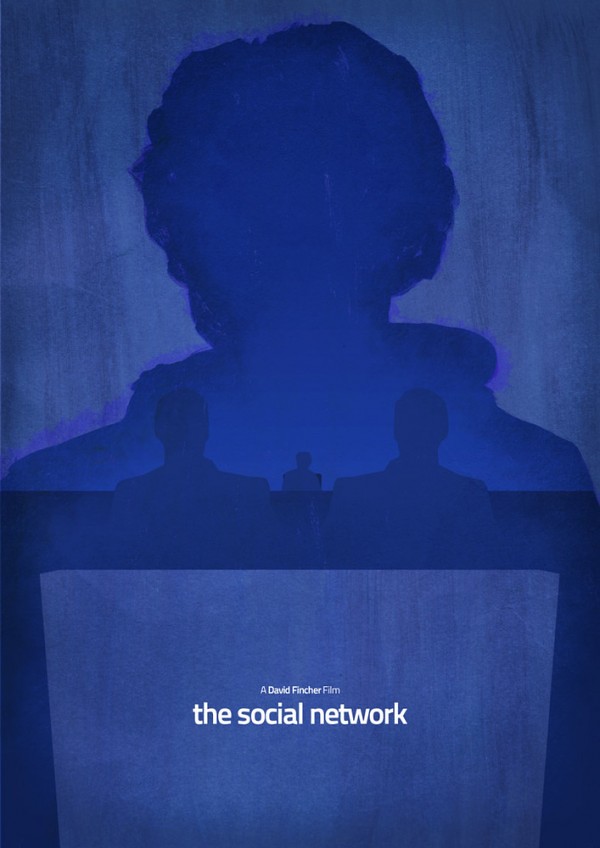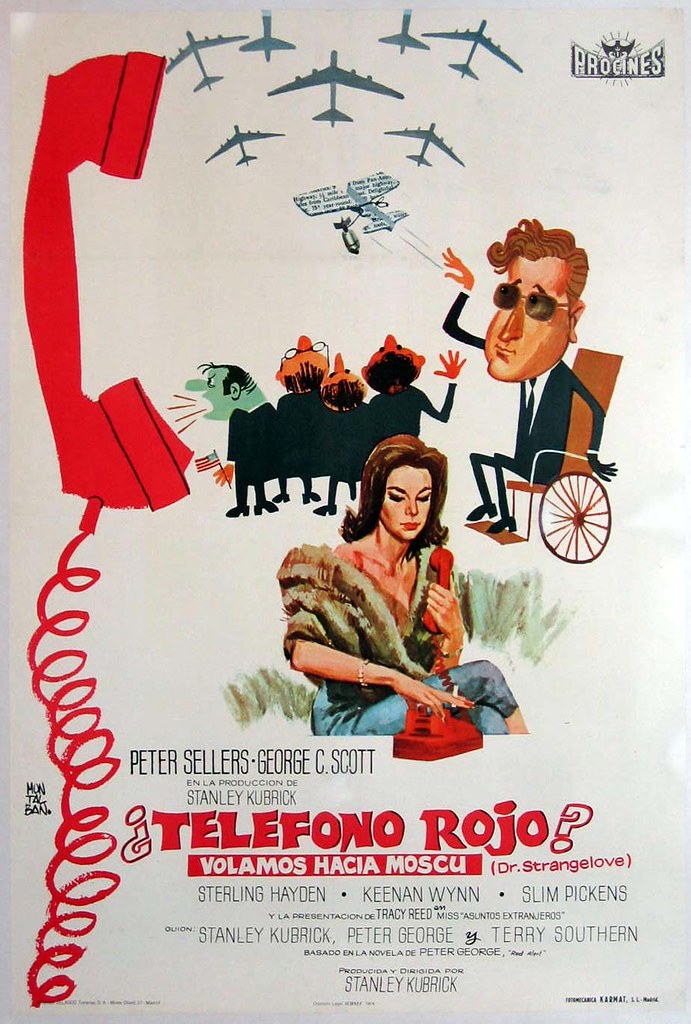
I recently had a conversation with a friend about the subtler messages in The Social Network, like the ways it shows how interactions change, and fail to change, in the wake of the Facebook explosion (of course Facebook is just the biggest peak in a pre-existing and still-continuing wave of social network trends, neither the first nor the last, but this isn't some technological history paper, it's a blog post about a specific dramatic movie, and I think that movie chose the right representative of the ongoing sociological phenomenon). The film intercuts the drunk debauchery of the Final Clubs parties that Mark wants into with Mark (drunkenly) building Facemash, paralleling the social world he wants to be a part of (self-conscious and somewhat artificial "raucous party" behavior; entitlement buoyed by exclusivity) with the prototype of the social world he's creating to replace it -- small groups or individuals, anyone anywhere really (stairwells, coffee shops, dorm rooms), sharing the same sense of self-conscious, artificial entitlement and exclusivity: both groups objectifying women and lording a kind of judgmental, pseudo-discriminatory power over those outside the group.
This parallel continues as Eduardo goes through the stages of entering these self-same clubs, while Mark (not invited to join) goes through the stages of tearing down the powerbase and redefining the market value for the only commodities the Final Clubs have: selective entry and "coolness." It's oversimplistic to say the entire movie hinges on jealousy of Eduardo (just as it's oversimplistic, despite the ending, to say the whole thing hinges on his bruised feelings over Erica's rejection of him), but to the extent that the movie does play with the motivation of jealousy, these scenes almost play out like a race: Eduardo jumping through hoops to get into the castle while Mark jumps through hoops to tear down the castle walls.
Aside from these parallels, and after last night's beat-by-beat analysis of Dr. Strangelove, I really would like to see a diagram of the intersecting storylines here. The way the present-past (or future-present, if you prefer; once we get deep into depositions vs action, it doesn't matter which is more "present") interact and the way the various strands come together makes for a beautiful and complicated story.
Mark lashes out, angry at Clubs and Erica (girls) and looking to rile people up, eager to bring down Harvard's servers. This gets him on the radar of the Winklevosses, which directly inspires him to create Thefacebook.com (historical accuracy bores me; the fictional movie's story is clear enough in its order of events and that's all I care about). Once we enter act two and (The)facebook.com becomes the main objective, Mark manages to make it Mark vs. Winklevosses and Mark vs. Eduardo -- he turns both (sets of) allies into not just antagonists, and just as the story's main line of Mark vs. Exclusivity is dually represented by both Girls(/Erica) and Final Clubs, now the dual obstacles are the two lawsuits. I don't think Mark set out to make enemies out of friends; I think he set out to change the world in his image and this kind of act of megalomania often involve casualties.
But I digress. The point I was aiming for is, there are so many layers to how the two depositions and their corresponding "flashback" scenes interweave, everything is locked together like the tightest dramatic and thematic jigsaw puzzle I think I've ever seen. It's not just that a scene from one will bleed smoothly into the other, or that the results of one scene will inform or expand the relationship depicted in the next; they also propagate each other causally, act as counterpoints to each other philosophically, and seem to run circles around each other. I want to cite examples, but the scenes are too intertwined for me to pick them apart from memory. Maybe I'll go look for a beat sheet one day, or write one up, and be in a better position to defend this point. Suffice it to say, there are a lot of levels at play here, and none of them seems accidental, out of place, or (worse) shoe-horned into the story. It's all smooth and organic.
This is the third time I've seen this film now, and so the third time I've blogged about it (see here and here), and each time my respect for it grows enormously. I always feel like I want to say more, to pick apart deeper themes and hidden signals -- I still believe this is the film about how humans interact in the early 21st century -- but it's just so dense that I only get so far. I recently read a critique that said the only films it's fair to compare The Social Network to are Citizen Kane and There Will Be Blood. Even while reading that I thought it was slightly outlandish, but I also think there's something to it at least. Stories about larger-than-life men who have the power to shape the world in their image but who lack the power to overcome even the simplest and most basic of human weaknesses -- and truly great pieces of capital-c Cinema, that the world would be a worse place without.

